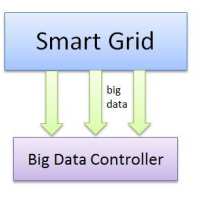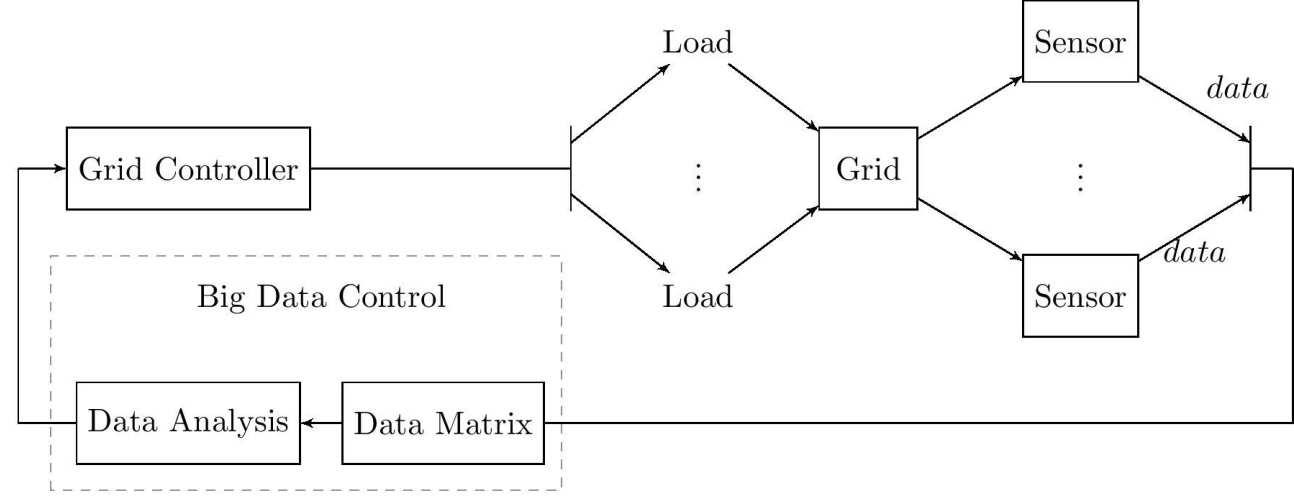Control of Big Data in the Smart Grid

The purpose of this research is to study the various control problems regarding the massive data gathered in the smart grid. A smart grid is a highly automated system and the problem of big data control naturally arises in the smart grid concept, with numerous sensors implemented in the grid. So far, most research done in the smart grid control is to control the grid rather than specifically controlling the data. Big data algorithms, such as streaming,
sketching algorithms and PCA analysis focus on approximating data in lower dimensions; pattern-search algorithms are more application-specific, mostly used in genome analysis. Big data problems in the smart grid is not just about the data; the data is generated from the specific architecture, which means the data will have some specific features, hence differ from genome data or online-search data. In this case, big data algorithms need to be modified
specifically for the smart grid. Since big data control in the smart grid is a very new field, the biggest challenge of this research is to pose and model the problems.

The data communication problem focuses on scheduling the data communication in the smart grid. Data can be stored in a localized data center, or it can be transmitted to the centralized data center or other localized data centers. The cost of data transmission is high, while the capability of data storage in a localized data control center is limited. However, if there are some other tasks computing in the local data center, and a new task comes in with some requirements on latency, a highly intelligent control center should be able to decide whether to transmit this computing task to other data centers and, if transmitted, which part of the data needs to be transmitted in order to minimize the overall latency and energy consumption of the communication network and the control centers.
CAP People
- Dr. Eric C. Kerrigan, email: e.kerrigan@imperial.ac.uk
- Prof. Bikash Pal, email: b.pal@imperial.ac.uk
- Ms. Luxin Zhang, email: luxin.zhang11@imperial.ac.uk


